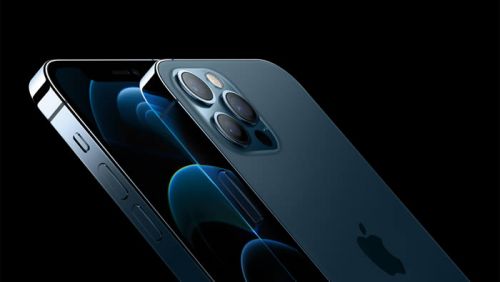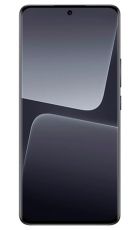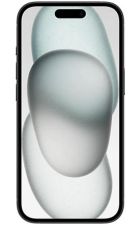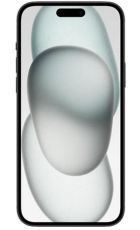The iPhone 12 range has finally landed, and it consists of four different phones. Apple has unveiled the standard 6.1-inch iPhone 12, the smaller 5.4-inch iPhone 12 Mini, the premium 6.1-inch iPhone 12 Pro, and the top-end 6.7-inch iPhone 12 Pro Max.
The four phones have a lot in common, including 5G (for the first time on an iPhone), a top-end A14 Bionic chipset (that outperforms any Android chipset), Face ID for facial recognition, and an astonishing amount of water resistance, with Apple claiming they can be submerged up to 6 metres deep for up to 30 minutes.
The four phones also have super-tough ‘Ceramic Shield’ protection on the front, which Apple claims makes the glass more durable than other phones, and they all have a glass back and a metal frame – with flat edges in place of the curvy sides found on the iPhone 11 range.
The similarities don’t end there either, the iPhone 12, iPhone 12 Mini, iPhone 12 Pro and iPhone 12 Pro Max also all have an OLED screen, for vibrant visuals, and they all run iOS 14 – Apple’s latest smartphone operating system.
They're not all the same
There are some differences though, beyond the screen size. Their resolutions vary for one – though they all come in at between 458 and 476 pixels per inch, so there’s little difference in sharpness.
The camera is perhaps the biggest difference, with the iPhone 12 and iPhone 12 Mini sporting a dual-lens one with a 12MP f/1.6 main lens and a 12MP f/2.4 ultra-wide one. On the iPhone 12 Pro and iPhone 12 Pro Max those lenses are joined by a telephoto one, which is at its best on the Pro Max.
The two Pro handsets also have a LiDAR (Light Detection and Ranging) scanner, which can be used to improve low light photos and augmented reality apps.
Other differences include the battery, which last for up to 20 hours of video playback on the iPhone 12 Pro Max, 17 hours on the iPhone 12 and iPhone 12 Pro, and just 15 on the iPhone 12 Mini – but then there’s not going to be as much space for a big battery in that phone.
Feature-packed flagships
We’ve barely scratched the surface of the phones here – these are all truly top-tier devices, packed full of advanced specs and features, such as Dolby Vision video recording and MagSafe accessory support. But in short you can be sure that these are among the most exciting phones of 2020.
That excitement comes at a cost of course, with even the cheapest of them, the iPhone 12 Mini, starting at £699 (for 64GB of storage), while 128GB / 256GB cost £749 / £849 respectively. For the iPhone 12, the prices go up to £799 / £849 / £949 for 64GB / 128GB / 256GB.
Opt for a Pro model and you’re looking at £999 / £1,099 / £1,299 for an iPhone 12 Pro in 128GB / 256GB / 512GB sizes respectively, and the iPhone 12 Pro Max costs £1,099 / £1,199 / £1,399 for the same sizes.
Of course, we’d expect to see the phones on a wide range of networks and contracts, which could make them more affordable. However you plan to buy, you’ll be able to pre-order the iPhone 12 and iPhone 12 Pro on October 16, with the phones arriving on October 23. The iPhone 12 Mini and iPhone 12 Pro Max meanwhile can be pre-ordered on November 6 and release on November 13.






